I was recently speaking to a founder about community building. Surprise, surprise, right? 😆 They inspired me to write this blog post, because it turns out I have many thoughts.
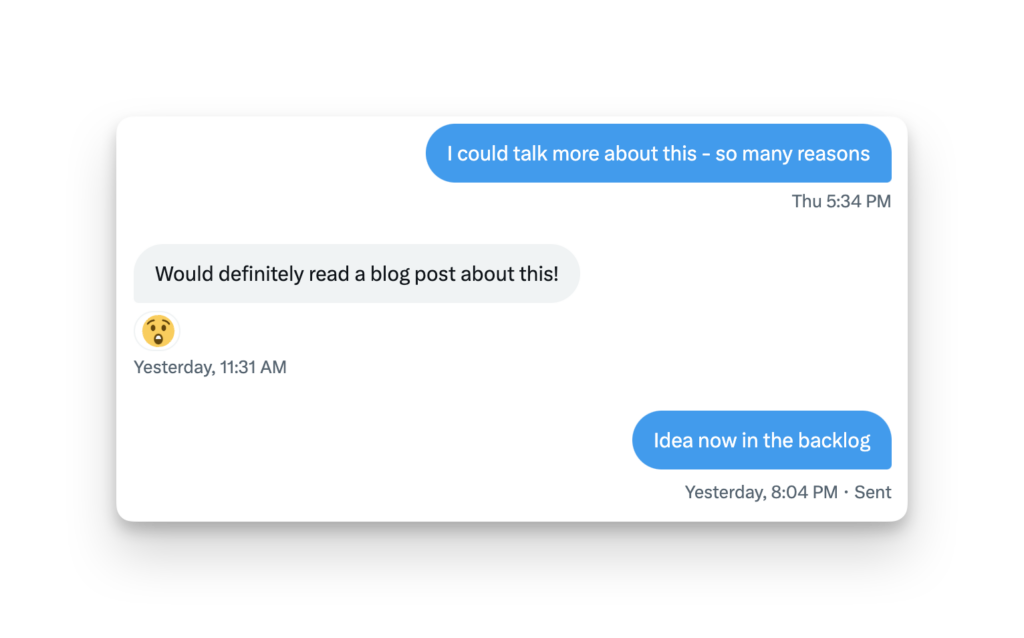
When someone asks which platform they should use for their community, I tend to ask how long they have to talk and proceed to go through several points to gracefully end conversations with, “in short, it depends.”
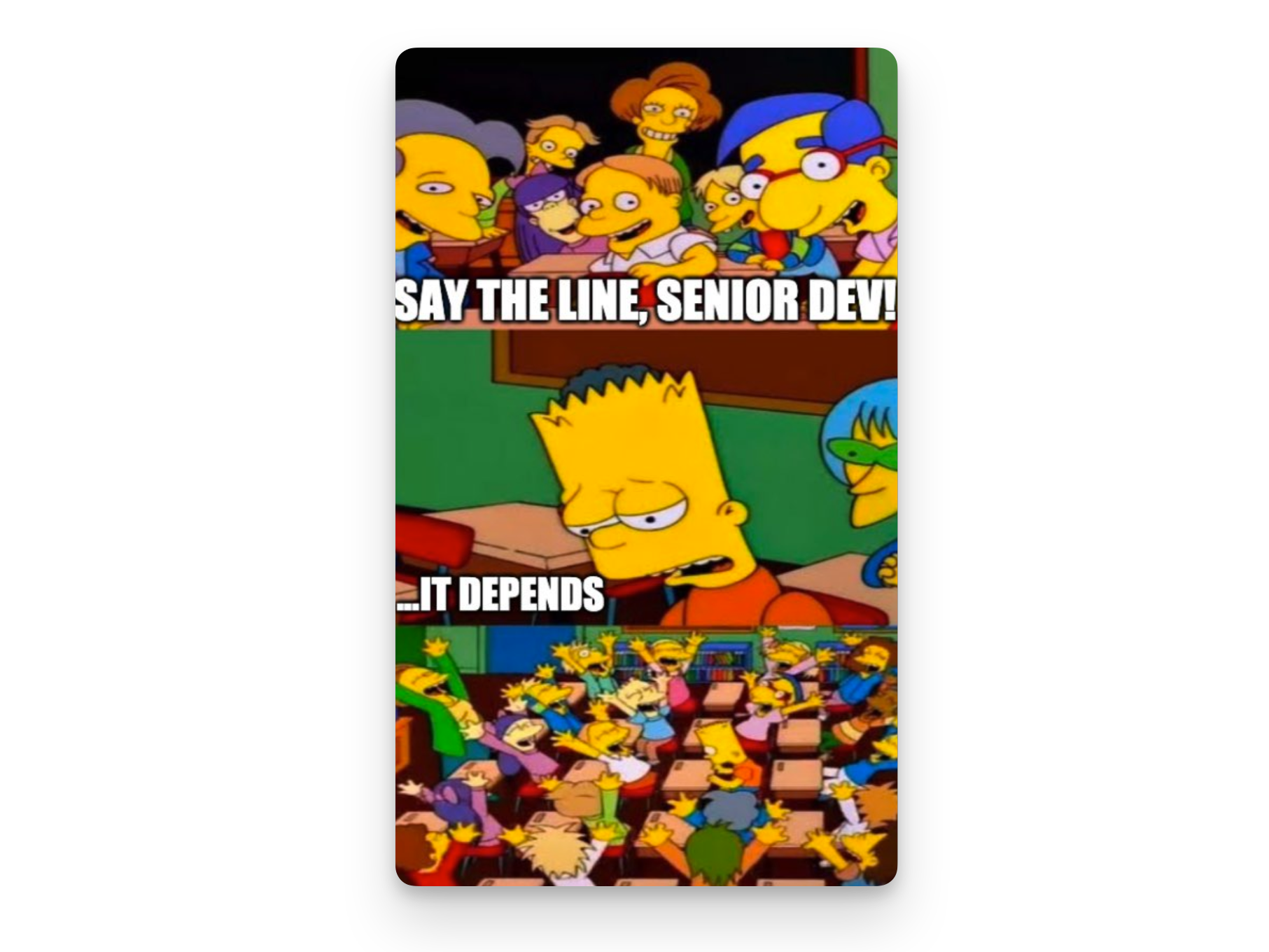
What does it depend on? The best platform depends on several factors I outlined below, but the exact answer is it depends on your use case.
To categorise this better, I’ll mostly be talking about product communities in this post, instead of “get together” type communities which I feel is a whole separate topic – one for next time!
ℹ️ New here? Hi, I’m Pauline! I’m enjoy building communities and connecting people together. Curious about communities I’ve built in the past? I’ve got a fun timeline for ya.
Discoverability
Honestly, if no one can find your community, does it even exist?
The first thing you need to consider is how easy it is for potential members to stumble upon your community. A common strategy I see is companies creating dedicated /community pages with a big, bold CTA—this acts as the perfect “door” to your community. It also gives you the flexibility to choose whatever platform you prefer without worrying about its discoverability.
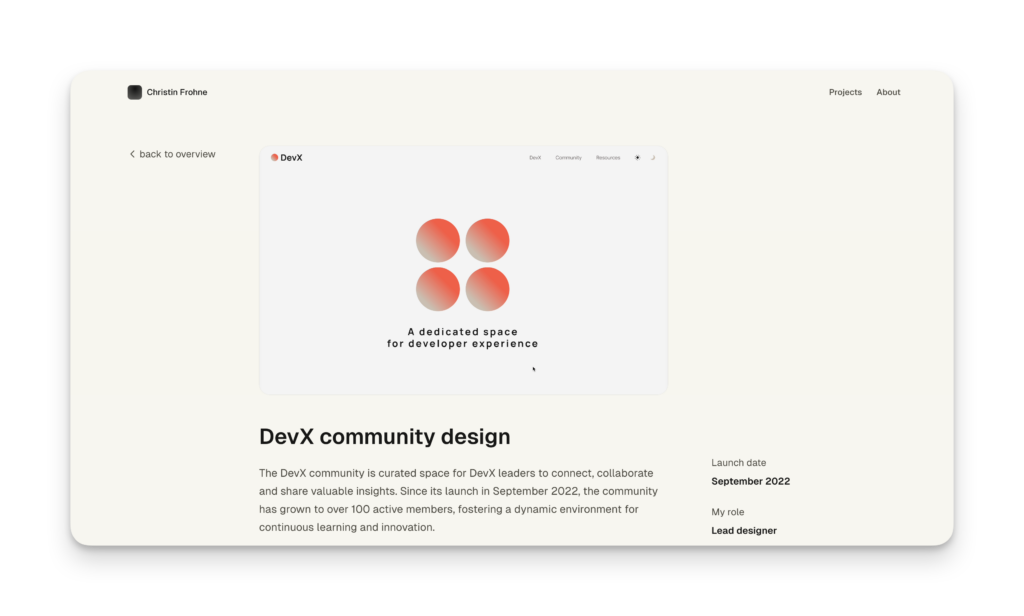
My friend Christin’s designs on a community project we worked on together in 2022. A great example of a solid community page. Her portfolio rocks, don’t forget to check it out!
It’s also important to remember that not everyone is actively looking for a community right away.
Sometimes, they are just trying to solve a problem. They might not click through your company’s website to find community channels; instead, they’ll go straight to searching, “how to XYZ” or “this-is-my-problem help.”
That’s why having a community that’s easy to discover through search engines is crucial. Let’s not forget, some platforms play nicer with SEO than others.
Searchability
It doesn’t stop there—once they’ve found your community, how easy is it for them to find the answers they need?
Think about the organization of your platform. Is the information well-structured or overwhelming? Is it obvious how to search within your community?
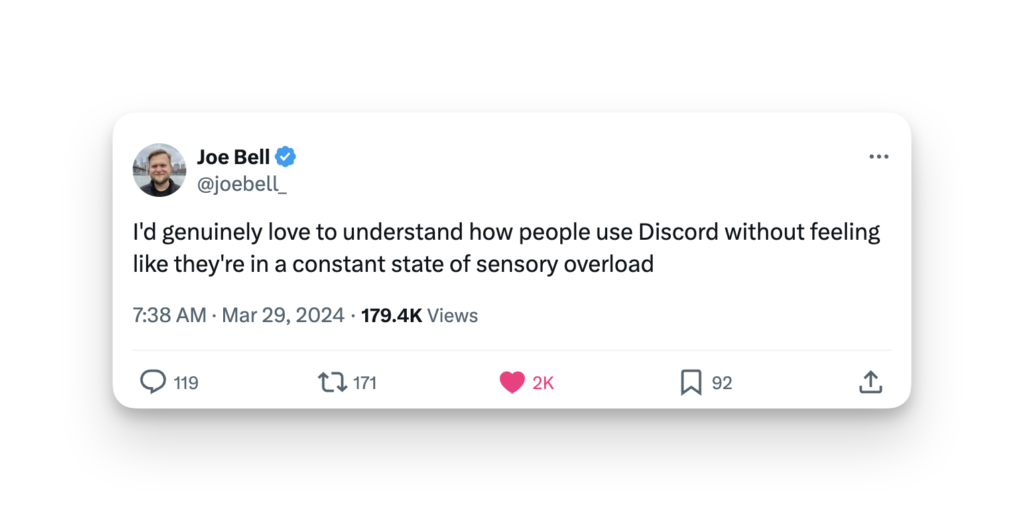
A well-organized, searchable community not only helps members get quick answers but also keeps them coming back as they have positive reinforcement that this is the place with the answers.
On the flip side, if you have a community experience that feels overwhelming and impossible to find answers, chances are they will try to avoid it and go elsewhere.
Who exactly is in your community?
The reason people join communities is because of other people. The connections, the conversations, and the sense of belonging all stem from members themselves.
Are the people in your community visible?
Is it easy for members to view profiles, introduce themselves, and see that they’re interacting with real people, not just usernames? Reducing anonymity can make your community feel more personal and welcoming.
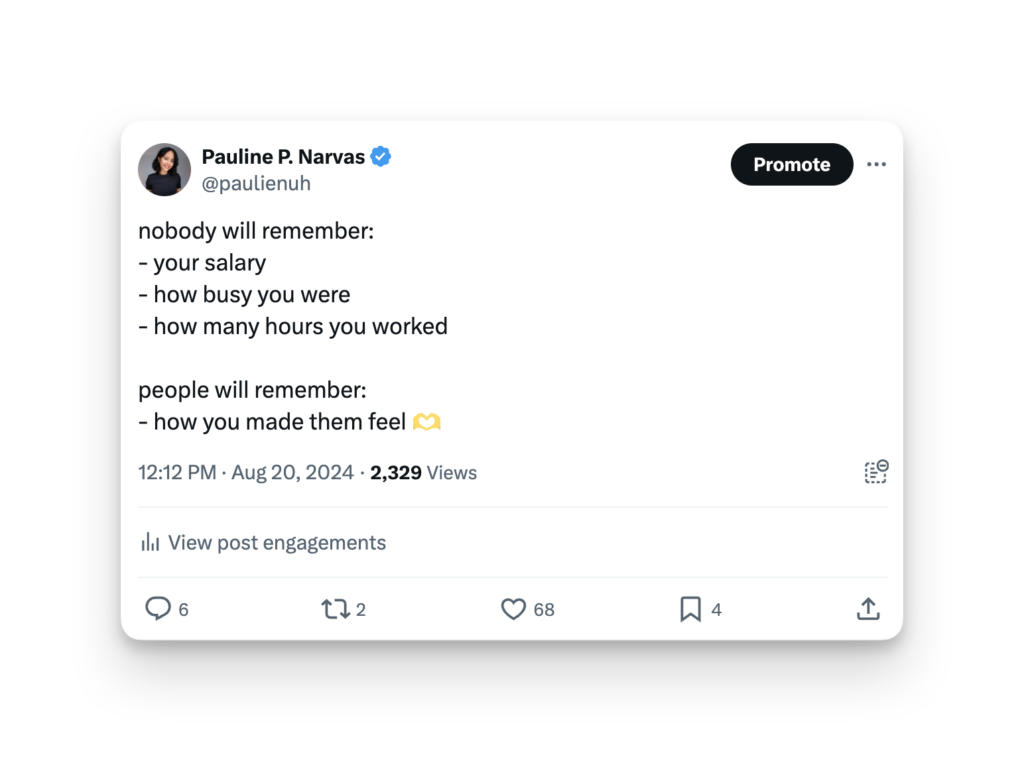
Some platforms promote this more than others, but in my opinion is one of the most important aspects of community platforms.
Engagement
Engagement is the heartbeat of any community. When choosing your platform, consider the following:
- How simple is it for community members to connect with each other’s posts?
- How easy is it for members to gather in virtual spaces or discover opportunities for IRL meetups?
- Can members easily showcase their work?
- Is there a “wall of inspiration” where members can see and contribute to the community’s creativity?
It all boils down to visibility. If members can easily see and interact with each other’s contributions, it creates a ripple effect—sparking more activity and inspiring others to get involved.
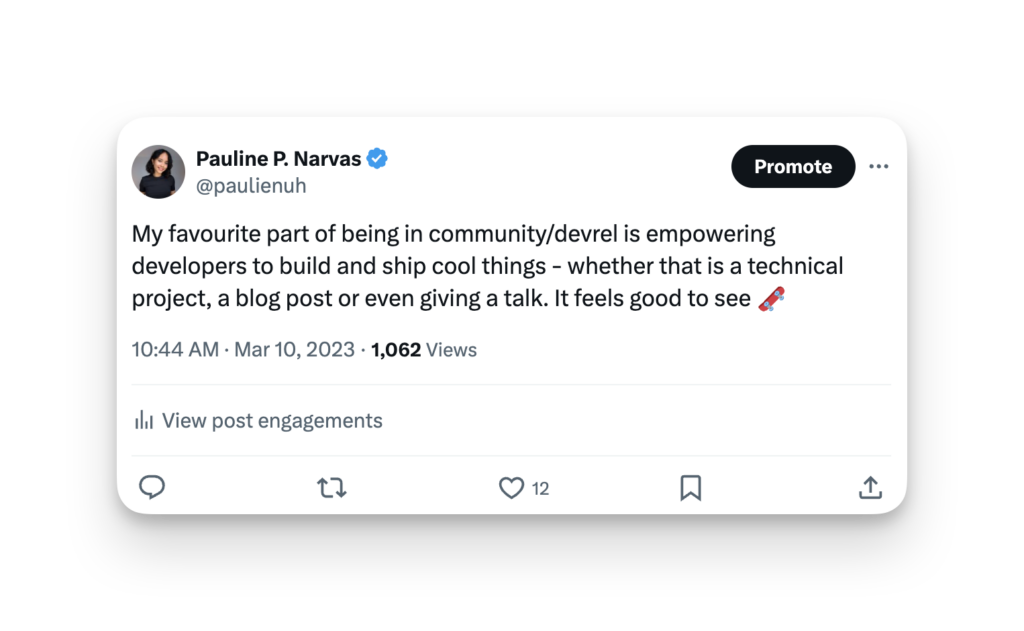
For your internal team (and not just your community team!), how frictionless is the platform experience? Is it a positive one?
We’re all super busy, so interacting with the community should feel like a refreshing break or a meaningful contribution to your teammates’ day—not an added stress due to an overwhelming UI that generates noise instead of promoting calm and collaboration.
Ease of moderation
When selecting your platform, consider the tools it offers for moderation.
- What is the metrics situation? I’m often surprised by how bad some platform’s metrics systems are set-up that provide inaccurate or unhelpful data.
- Does the platform provide dedicated spaces for moderators to communicate?
- Are there features for keeping private notes? For example, I’m a fan of the “Whispers” on Discourse, where moderators can leave notes and share context without disrupting the public conversation. This has been so helpful more than I can count!
- Is there a way to integrate these moderation tools with your existing workflows, like Slack, Community CRM, GitHub, or other tools your internal team uses regularly?
It’s funny that is often overlooked, but having a great experience for your community team is important to maintaining a healthy space.
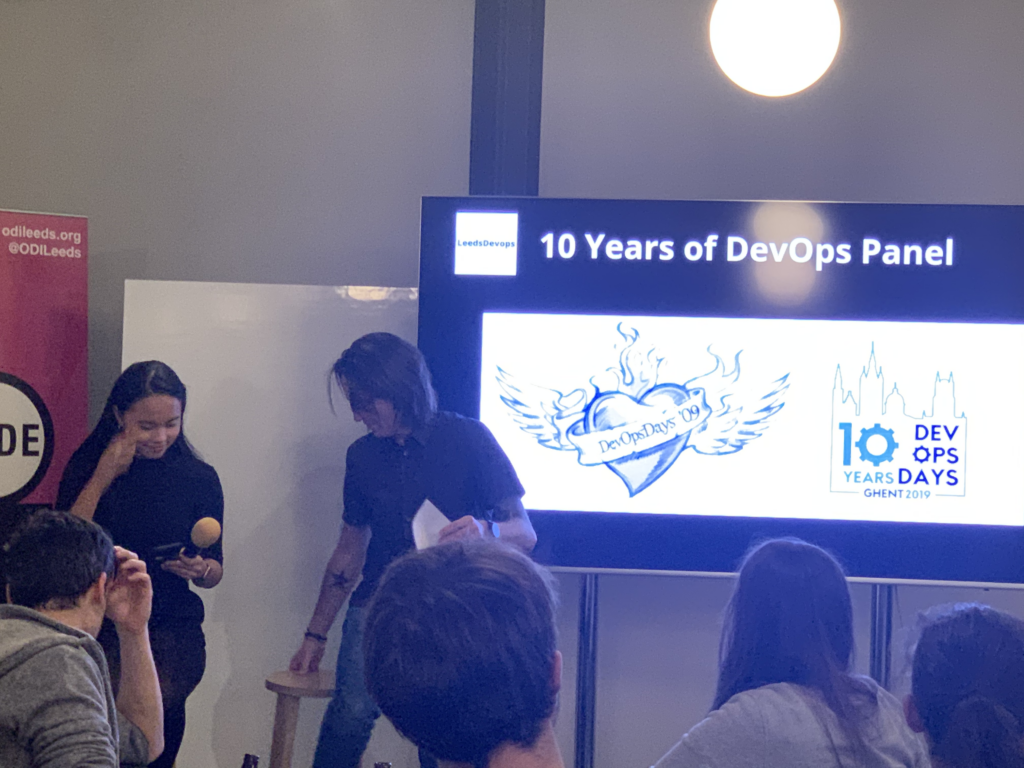
As I was writing this post, it reminded me of this panel I spoke at back in 2019 because the moderator was fantastic… so here’s a semi-related photo 😆
So, which platform is it?
Everything I’ve described can be tailored to set your community up for success regardless of what platform you decide. Unfortunately, we’ve come full circle because the answer truly is it depends.
On top of what the considerations I’ve shared above, there is the logistical aspects as well: your budget, how much time you have to build out a positive community experience, how many people in your community team you have to build said experience, how much your company values community and so on.
From Erin’s 2023 blog post:
Community-driven products and organizations don’t just happen.
Sometimes, though, it’s about stripping back everything I’ve just shared and focusing on what really matters: bringing people together.
Sometimes the best platform is actually space—virtual or a physical one—where people can connect with others.
In the end, it’s never really about the platform… Maybe the real treasure was the friends we made along the way. 🤭